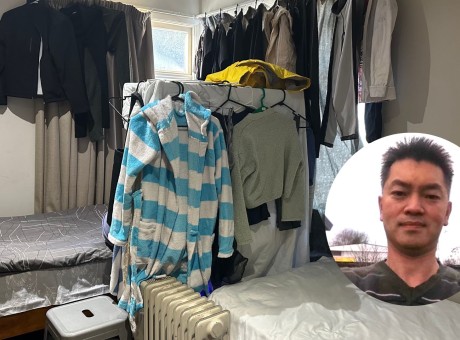Crux won’t generate AI news – but be afraid of those that do

Analysis
For the past year or so it’s been alarming to watch the news publishing industry jump up and down in metaphorical glee at the prospect of news being written by generative Artificial Intelligence (AI).
It’s important to note the difference between the news publishing industry and working journalists.
Broadly speaking many news platforms are actually in the advertising industry but use news to drive commercial traffic. Very few are in the actual business of news.
The prospect of that same news being written by computers, with the eventual disappearance of expensive and stroppy journalists, is clearly a dream come true for the shareholders and publishers of some commercially funded news platforms.
The key question is – will audiences buy into “artificial” news?
Well of course they will if it matches their own ideas and views of the world. That’s what’s so clever about AI – it can learn to understand what human readers want to read.
It will learn and learn and learn – without getting tired. It will get smarter over time and generate more profits. And will audiences know that they’re reading an AI article? Probably not. Not once the novelty wears off.
The marriage between the already super-smart computer-driven programmatic digital advertising exchanges and generative, agile AI news content has the potential to create a commercial firestorm of revenue. A publishing world where content adjusts advertising and advertising adjusts content - in real time - is just around the corner. That could spell the collapse of journalism.
But in some ways the battle is already half lost – not because of computers but because of the failing business model for local news.
The adage “don’t bite the hand that feeds you” is never more relevant than when journalists work in small communities and rely on a local advertising model.
Of course, local businesses prefer good news. And of course they’d rather spend their valuable dollars with “friendly” platforms than a platform that publishes important local news without fear or favour.
AI can produce cheap local news from (unchecked) media releases and all sorts of different (unchecked) sources in a landscape where digital ad revenue can only bring in a fraction of decaying print advertising. AI can help with mundane publishing tasks - but those administrative or process-driven tasks don't need generative AI - just the type of existing tech stack that already is helping to reduce digital publishing costs.
The next few months will see fundamental changes on the New Zealand journalism landscape. But for years we’ve been seeing group photos of local NZ news and magazine companies at their Christmas parties where there might be one freelance journalist and twenty advertising salespeople and publishing managers.
And who do those salespeople sell ads to? The local council, local businesses and sometimes local pressure groups. It’s hard to hold power to account when that same power pays the bills. And of course there's the challenge of meeting those local council bosses or business owners in the supermarket - or even worse finding that as a local journalist you are on the wrong end of all sorts of community gossip and behind-the-scenes decision making.
Crux is fighting hard to find a sustainable business model for strong local news. Many advertisers support what we do – and we are grateful for that. Those advertisers support the idea that an honest community is a healthy community - warts and all.
But we won’t ever take advertising money from local councils. That would compromise our editorial independence.
All we ask is that you as our audience start to question where your news comes from and who writes it. Are they fully trained journalists with experience outside of the local landscape? Or cheerleaders for the local power base that funds their advertising?
And now – is your news even written by a human being – trained or not?
There’s a wonderful saying in journalism along the lines that “news is something that someone, somewhere does not want published. Everything else is marketing.”
Is it too late for real local journalism to survive and thrive? We don’t know yet – but in any case – be very afraid.
If you support Crux you can donate here or advertise here.


























